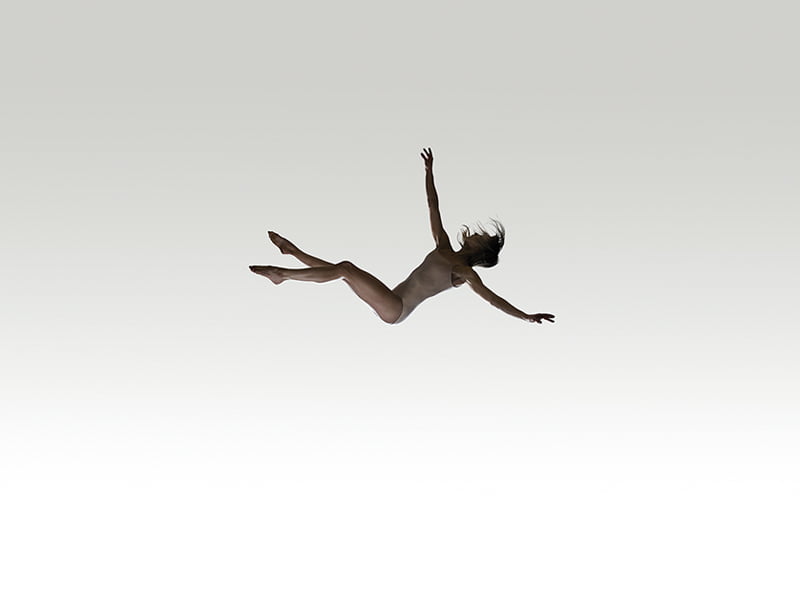The English National Opera has announced its 2019-20 season and for the first time ever a single story will form the basis of four new productions. This autumn will see a quartet of very different versions of the Orpheus myth as told by four composers using very distinct theatrical styles. Designer Lizzie Clachan is the link, with her magical, transforming set providing the basis in each case.
The Orpheus series begins with award-winning choreographer Wayne McGregor’s unique dance-infused production of Gluck’s great 18th-century masterpiece Orpheus and Eurydice (1762). This is followed by a new production of Orpheus in the Underworld (1874). Former Globe Theatre Artistic Director Emma Rice makes her ENO directorial debut with her raucous, joyful production of Offenbach’s great operetta.
The Mask of Orpheus receives only its second major staging, having premiered at the ENO in 1986. This new production of Harrison Birtwistle’s masterpiece is performed in celebration of his 85th birthday. The final piece in the series marks the first performance of Philip Glass’s Orphée. Based on Jean Cocteau’s cinematic retelling of the Orpheus myth, Netia Jones is set to provide one of the most extraordinary multimedia experiences seen on the opera stage.
A further three new productions bring the total to seven – the most at the Coliseum for five years. These are Verdi’s Luisa Miller (1849) by groundbreaking Czech director Barbora Horáková Joly in her UK directorial debut, The Marriage of Figaro (Mozart, 1784) by British director Joe Hill-Gibbins, making his ENO main stage debut, and acclaimed German director Tatjana Gürbaca and designer Klaus Grunberg making their ENO debuts with the first new Rusalka (Dvořák, 1901) at the Coliseum in two decades.
Revivals comprise Jonathan Miller’s delightful version of The Mikado (Gilbert and Sullivan, 1885) returning after more than 30 years, Calixto Bieito’s Carmen (Bizet, 1875), with Justina Gringytė in the title role, and Anthony Minghella’s Olivier Award-winning Madam Butterfly (Puccini, 1904) with Natalya Romaniw.
The season celebrates the rise of the feminine. Following aspects of powerful women and the men they inspire, it explores how opera can move beyond its traditional status as a place for doomed and punished women. For the first time, more than half of the new productions are directed by women.
Daniel Kramer, ENO’s artistic director, commented: “I am delighted to present ENO’s 2019-20 artistic season, the second that Music Director Martyn Brabbins and I have curated together. The 10 operas we are presenting on our main stage will touch on something very relevant today: the rise of the feminine in the world around us and within ourselves. What is a healthy balance of feminine and masculine energy in our society, our systems and, above all else, within ourselves? If last season questioned what aspects of ourselves and our society we might choose to lay to rest, this season asks what aspects we choose to carry forward together.
“Our very exciting Orpheus project shows that a single idea can be imparted in a vast array of different forms. It is difficult to imagine a quartet of directors more different in background than myself, Netia, Wayne and Emma, but we will all be looking at this one tale of Orpheus and his quest to reclaim that which he lost. It’s one of the most universal stories there is and I hope audiences will come to see each one of the four to find something new in each opera, seeing and hearing how these master composers, reflecting our own lives, all share in the human struggle to hold onto that which we hold dear: love.
“It is so important that ENO continues to push the boundaries of what is possible on the operatic stage and at the same time keep bringing in new audiences who may not have considered us before. Whether you’re a theatre-lover or a Philip Glass fan, a dance addict or maybe just want a rollicking night out, there’s something for everybody.”
Image
The ENO’s autumn/winter season begins with award-winning choreographer Wayne McGregor’s unique production of Orpheus and Eurydice.

